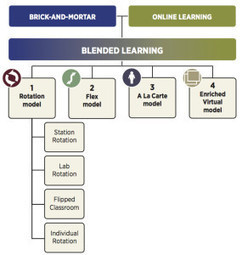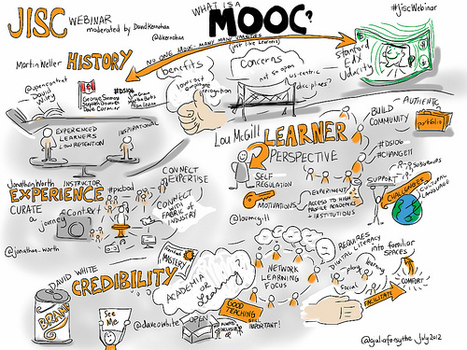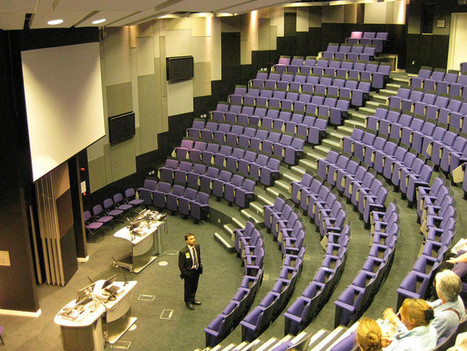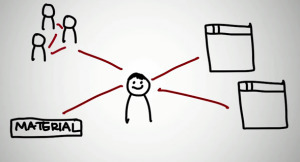THERE are several problems with the growing chorus championing online education (The Australian, June 6). The argument is that since recent information and communication technologies are clearly disruptive technologies, higher education is failing by not (yet) adopting them.
Proselytisers assert that universities are shortchanging their students and underserving society, and that most current institutions risk being superseded by new institutions or processes that will make them anachronistic if not redundant.
The more apocalyptic claims are that universities will soon be as obsolete as newspapers are becoming.
Many of the online evangelists are politicians, technophiles or businesspeople. Few are educationalists or people with much experience of distance education. Of course, the critics claim that current institutions and their staff are trapped in their traditional ways and either cannot see or resist the imperative to change.



 Your new post is loading...
Your new post is loading...














The focus of these scoop.it pages is networked learning. As the above definition points out, online learning is part and parcel of blended learning experiences. In some cases, the online part is of a social nature, thereby qualifying it as a form of networked learning. Apart from that, next to MOOCs blended learning is another attempt at marrying the online and the offline in learning. Although the terminology used is different, although the intentions are different (for sure if it concerns xMOOCs), there are a lot of similarities worth drawing attention to. This is particularly so since the various forms of blended learning discussed in this short scoop offer useful food for thought for those interested in furthering the evolution of MOOCs. I am thinking in particular of the à-la-carte model and the enriched-virtual model. Also, the classification is unlikely to be exhaustive and therefore provides food for the imaginative thinker.
@pbsloep
The link above is no longer available, but the full details are publishes in the following paper:
http://www.christenseninstitute.org/wp-content/uploads/2013/05/Is-K-12-Blended-Learning-Disruptive.pdf